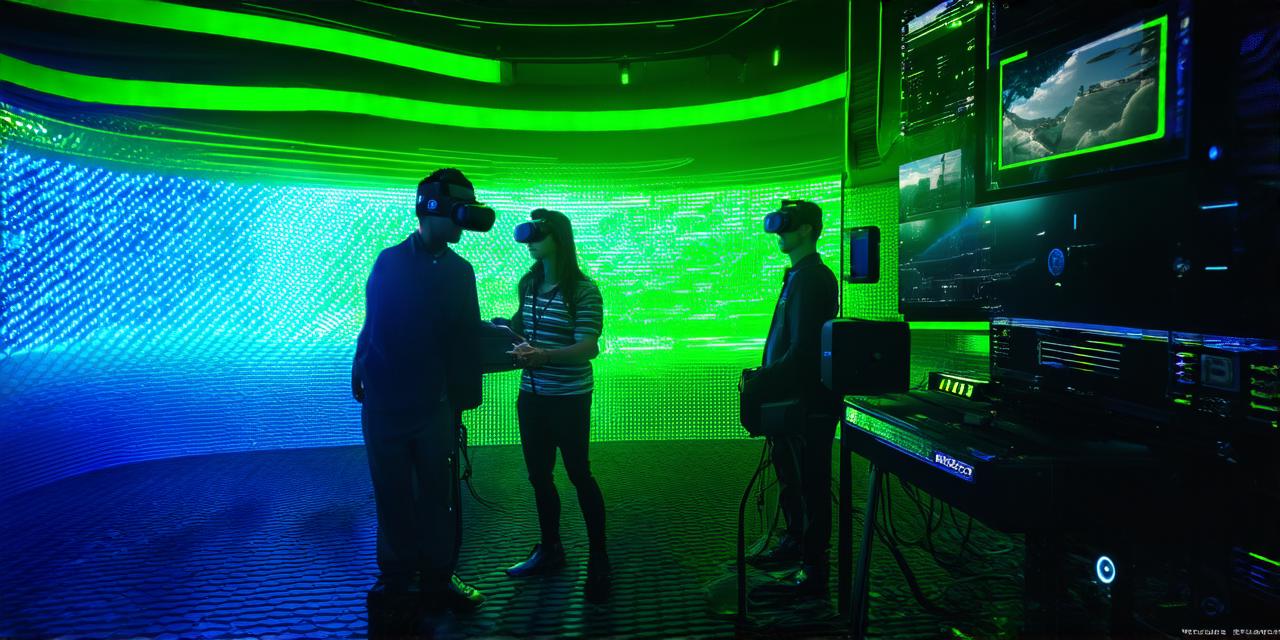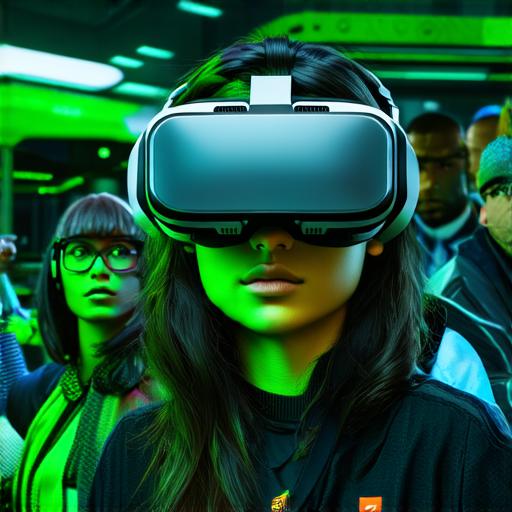
How will VR be used in the future?
Virtual Reality (VR) technology has come a long way since its early days, and it’s showing no signs of slowing down. With advancements in hardware, software, and display technologies, VR is becoming more accessible, affordable, and practical for a wide range of applications.
Table of Contents
ToggleVirtual Training and Education
One of the most promising applications of VR technology is in the field of training and education. With VR, students can experience simulations of real-world scenarios in a safe and controlled environment. For example, medical students can practice surgeries without risking the lives of actual patients, while military personnel can train for combat situations without leaving the safety of their base.
This technology also allows for more immersive and engaging learning experiences, which can lead to better retention and understanding of complex concepts.
Gaming and Entertainment
Virtual Reality is already being used in gaming and entertainment, but its potential goes far beyond what we have seen so far. With the ability to create incredibly realistic simulations, VR will allow gamers to fully immerse themselves in a game world like never before.
This technology will also enable new forms of interactive storytelling and immersive experiences that will captivate audiences and redefine what is possible in entertainment.
Virtual Shopping and Retail
The retail industry is already beginning to explore the potential of VR, with virtual showrooms and try-on features becoming more common. In the future, we can expect to see even more innovative applications of VR in retail, such as virtual product demonstrations and interactive catalogs that allow customers to customize products to their liking.
This technology will also enable online retailers to create a more immersive and engaging shopping experience, which could lead to increased sales and customer loyalty.
Virtual Travel and Tourism
Travel and tourism are two industries that are well-suited for VR technology. With the ability to create incredibly realistic simulations of different locations around the world, VR will allow people to explore new places and cultures without ever leaving their homes.
This technology will also enable travelers to plan and experience trips in a more immersive and engaging way, which could lead to increased tourism and economic growth.
Virtual Meetings and Collaboration

Virtual Reality is already being used for remote meetings and collaboration, but its potential goes far beyond what we have seen so far. With the ability to create highly realistic virtual environments, VR will allow people to collaborate in ways that were previously impossible.
This technology will enable more effective communication, increased creativity, and a greater sense of presence and connection between remote teams.
In conclusion, Virtual Reality technology is poised to revolutionize many industries in the coming years. From training and education to gaming and entertainment, retail, travel and tourism, and virtual meetings and collaboration, VR will enable new and innovative ways of working, learning, and experiencing the world.
With continued advancements in hardware, software, and display technologies, the possibilities for VR are virtually limitless.

